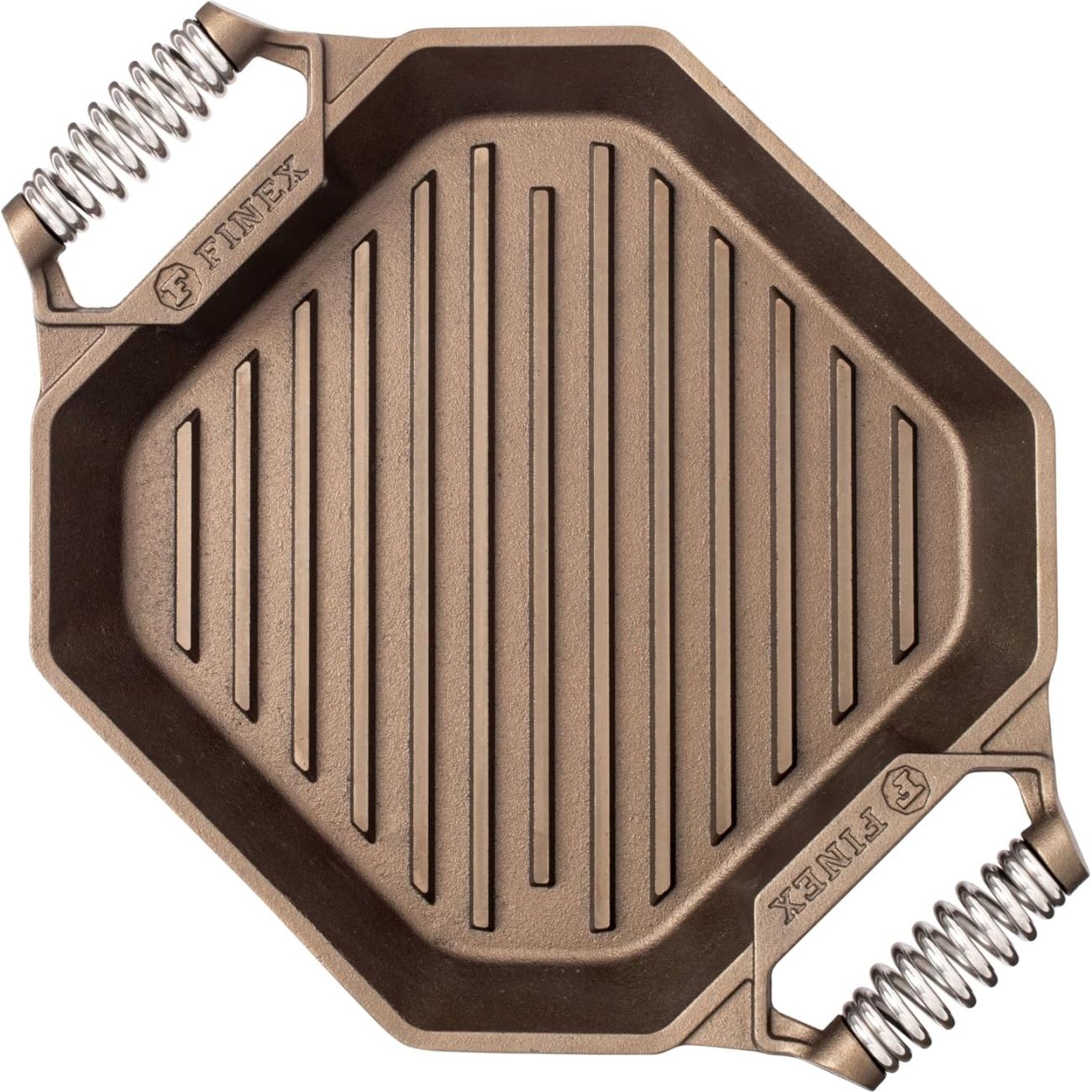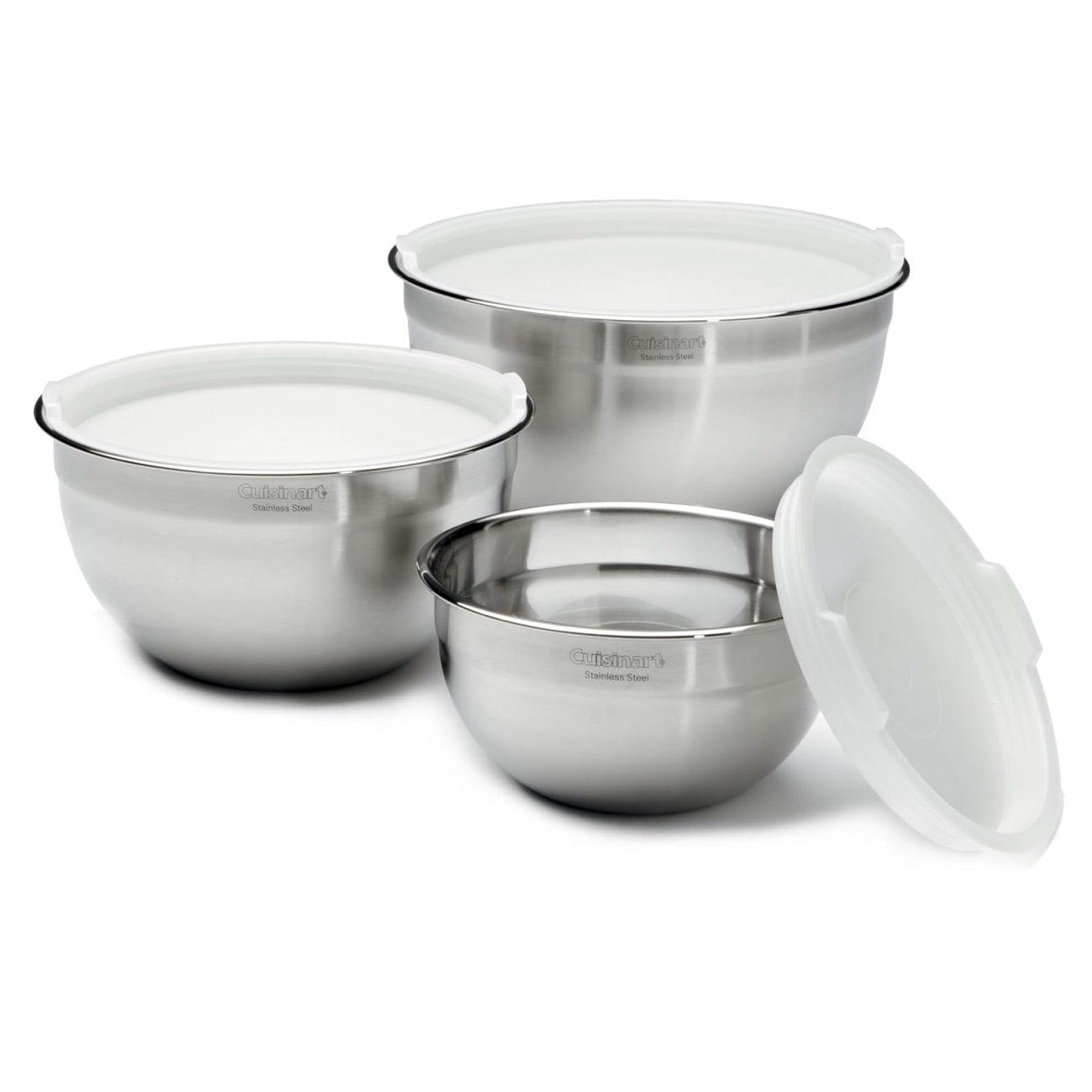Gluten-Free Grilled Honey Mustard Chicken with Peach Salad: A Powerhouse of Nutrition for the Whole Health Flexi-Plan Diet
When embarking on a health journey, the food you eat plays a pivotal role in defining how you feel, perform, and achieve your wellness goals. In this in-depth article, we will explore the Gluten-Free Grilled Honey Mustard Chicken with Peach Salad — a dish bursting with flavor, vitality, and health benefits. Specifically, we will examine the role of this meal within the Whole Health Flexi-Plan Diet, breaking down the incredible advantages of each ingredient and offering insight into how this dish supports a balanced, gluten-free lifestyle.
A Nutrient-Dense Gluten-Free Grilled Honey Mustard Chicken with Peach Salad for Optimal Health
This article dives deep into why this dish is not only delicious but a nutritional powerhouse that aligns perfectly with the Whole Health Flexi-Plan.
The Role of the Whole Health Flexi-Plan in Promoting Nutritional Wellness
The Whole Health Flexi-Plan Diet emphasizes a balance of nutrient-rich foods that are low in allergens, highly digestible, and anti-inflammatory. It is particularly beneficial for those pursuing gluten-free living or managing conditions like celiac disease or gluten intolerance. The focus is on consuming natural, whole foods to provide essential nutrients, promote healthy digestion, and enhance overall vitality.
This dish, with its combination of grilled honey mustard chicken and peach salad, is an ideal fit for the plan. Let’s break down the key ingredients and their powerful health benefits.
Honey — A Natural Antioxidant and Energy Source
Honey is a key player in this dish, providing natural sweetness while offering a wealth of health benefits. Raw honey is packed with antioxidants, which help neutralize free radicals in the body. These free radicals can cause oxidative stress, which is linked to chronic diseases such as heart disease and cancer.
Furthermore, honey is a natural energy source that helps regulate blood sugar levels more gently than refined sugars. This makes it ideal for providing sustainable energy throughout the day, without the sharp spikes and crashes typically associated with refined sugar consumption.
Key Nutrients in Honey:
- Antioxidants like flavonoids and phenolic acids.
- Enzymes that promote digestion.
- Glucose and fructose, which are quickly absorbed for energy.
Health Benefits:
- May improve heart health by lowering blood pressure and cholesterol.
- Contains antibacterial and antifungal properties.
- Soothes the throat and acts as a cough suppressant.
Mustard — A Spice that Boosts Metabolism and Protects the Heart
Mustard, derived from mustard seeds, adds a tangy kick to the dish while providing a host of health benefits. Mustard seeds are rich in glucosinolates, compounds that have been shown to have anticancer properties. Additionally, mustard helps boost metabolism, aiding in fat burning and weight management.
Mustard also contains selenium, an essential mineral that supports immune function and offers anti-inflammatory benefits. Combined with honey, mustard creates a delicious, nutrient-dense marinade that promotes both flavor and health.
Key Nutrients in Mustard:
- Omega-3 fatty acids for heart health.
- Selenium to reduce oxidative stress and inflammation.
- Fiber to aid digestion.
Health Benefits:
- May reduce the risk of certain cancers due to its antioxidant content.
- Supports cardiovascular health by reducing cholesterol levels.
- Anti-inflammatory properties that may benefit joint health.
Chicken — A Lean Source of High-Quality Protein
Chicken, especially boneless, skinless chicken thighs, is a lean source of complete protein, which is essential for muscle repair and overall body function. Chicken contains all nine essential amino acids, making it a critical component for those following a gluten-free, high-protein diet like the Whole Health Flexi-Plan.
Protein plays a significant role in metabolism, helping the body burn calories more efficiently, which is beneficial for weight management. Additionally, chicken is a great source of B-vitamins, particularly niacin (vitamin B3) and pyridoxine (vitamin B6), which support brain health and energy production.
Key Nutrients in Chicken:
- Complete protein for muscle growth and repair.
- B vitamins, especially niacin and B6, which aid in energy metabolism.
- Zinc for immune function.
Health Benefits:
- Supports muscle mass, especially important for active individuals or those over 50 who experience muscle loss.
- Promotes heart health by reducing cholesterol levels.
- Helps manage body weight through increased satiety.
Peaches — Nature’s Fiber-Rich Antioxidant
Peaches are a hydrating, low-calorie fruit that is rich in vitamin C, vitamin A, and fiber. These nutrients are essential for skin health, immune function, and digestive health. Peaches are also packed with antioxidants, including chlorogenic acid, which helps reduce inflammation and prevent the oxidative stress that can lead to chronic diseases.
The inclusion of peaches in this salad adds a delicious sweetness while ensuring that the meal is hydrating and rich in essential vitamins. Fiber also plays a key role in regulating blood sugar levels and promoting gut health, making peaches an excellent addition to a healthy, balanced diet.
Key Nutrients in Peaches:
- Vitamin C for immune health and collagen production.
- Fiber to support digestion and prevent constipation.
- Potassium for heart health and electrolyte balance.
Health Benefits:
- May lower the risk of heart disease due to its high antioxidant content.
- Supports skin health and fights signs of aging thanks to vitamin C.
- Helps maintain healthy digestion by promoting regular bowel movements.
Cucumbers — Hydration and Digestive Health
Cucumbers are composed of 95% water, making them an ideal food for promoting hydration and supporting detoxification. They are also rich in silica, a mineral that supports joint health and skin elasticity. Cucumbers provide a cool, crisp balance to the rich flavors of the honey mustard chicken, making them perfect for a summer meal.
Additionally, cucumbers contain a variety of phytonutrients, including flavonoids and tannins, which possess anti-inflammatory and antioxidant properties.
Key Nutrients in Cucumbers:
- Vitamin K for bone health.
- Manganese for metabolic support.
- Folate, which is important for DNA synthesis and repair.
Health Benefits:
- May help prevent dehydration and reduce bloating.
- Supports heart health by lowering blood pressure.
- May improve digestion and reduce the risk of constipation.
Mint — A Digestive Aid and Flavor Enhancer
Fresh mint is not only fragrant but is also packed with nutrients and offers a refreshing twist to this dish. Mint contains menthol, which aids in digestion by promoting the production of digestive enzymes. It can also help relieve symptoms of indigestion and irritable bowel syndrome (IBS).
Mint is rich in antioxidants, including rosmarinic acid, which has been shown to reduce allergic symptoms and promote overall health.
Key Nutrients in Mint:
- Vitamin A for eye health and immune support.
- Iron to combat fatigue and improve oxygen transport.
- Folate, essential for healthy cell function.
Health Benefits:
- May soothe digestive issues like bloating and indigestion.
- Supports respiratory health, providing relief from congestion.
- Promotes oral health and fresh breath.
Cilantro — A Detoxifying Herb
Cilantro, also known as coriander, is a flavorful herb that adds a fresh, citrusy note to the dish while offering powerful detoxifying properties. It helps the body rid itself of heavy metals such as mercury and lead, which can accumulate in the body over time. Cilantro also contains antibacterial and antifungal compounds, making it an excellent herb for boosting the immune system.
Cilantro’s high levels of vitamin K support healthy blood clotting and bone health, while its antioxidants help protect the body from damage caused by free radicals.
Key Nutrients in Cilantro:
- Vitamin K for bone and heart health.
- Beta-carotene for eye health and antioxidant protection.
- Folate, which supports red blood cell production and cell repair.
Health Benefits:
- Promotes detoxification by binding to heavy metals.
- Supports healthy digestion by stimulating bile production.
- May help regulate blood sugar levels in individuals with type 2 diabetes.
Turmeric — An Anti-Inflammatory Powerhouse
Turmeric is well-known for its anti-inflammatory properties, thanks to its active compound, curcumin. This spice helps reduce inflammation in the body, which can be beneficial for individuals with conditions like arthritis or inflammatory bowel disease. Curcumin has also been shown to have antioxidant properties that can help reduce oxidative stress and may even have anti-cancer effects.
Key Nutrients in Turmeric:
- Curcumin, the active compound with anti-inflammatory and antioxidant properties.
- Iron for energy production.
- Manganese, essential for bone health and wound healing.
Health Benefits:
- Reduces inflammation and pain, making it beneficial for arthritis sufferers.
- Supports brain health by promoting cognitive function and memory.
- May reduce the risk of chronic diseases such as heart disease and cancer.
Lemon Juice — A Source of Vitamin C and Digestive Aid
Lemon juice adds brightness and acidity to the marinade and salad while delivering a powerful punch of vitamin C. Vitamin C is crucial for immune function, helping the body ward off infections and illnesses. It also plays a role in collagen production, which is vital for healthy skin, hair, and nails.
Additionally, lemon juice aids digestion by promoting the production of digestive enzymes and can help alleviate symptoms of indigestion.
Key Nutrients in Lemon Juice:
- Vitamin C for immune health and collagen production.
- Potassium for electrolyte balance and heart health.
- Folate, supporting DNA synthesis and repair.
Health Benefits:
- Boosts immune function, helping to protect against infections.
- Promotes healthy, glowing skin through collagen production.
- Supports digestion and may prevent constipation.
Extra Virgin Olive Oil — A Heart-Healthy Fat
Olive oil is a staple of many heart-healthy diets, such as the Mediterranean diet, and plays a crucial role in this dish as a cooking and dressing medium. Extra virgin olive oil is rich in monounsaturated fats, which help reduce levels of bad cholesterol (LDL) while increasing good cholesterol (HDL). It is also packed with antioxidants, including vitamin E, which protects cells from damage. [1]
Research has shown that regular consumption of extra virgin olive oil can reduce the risk of heart disease, improve brain function, and even help with weight management by promoting satiety.
Key Nutrients in Extra Virgin Olive Oil:
- Monounsaturated fats for heart health.
- Vitamin E for antioxidant protection.
- Polyphenols, which have anti-inflammatory properties.
Health Benefits:
- Reduces the risk of cardiovascular disease by improving cholesterol levels.
- Supports brain health and cognitive function.
- Promotes weight loss by enhancing feelings of fullness.
Sea Salt — A Source of Trace Minerals
Unlike refined table salt, sea salt is minimally processed and contains small amounts of trace minerals, such as magnesium, calcium, and potassium. These minerals are essential for maintaining electrolyte balance, promoting healthy muscle function, and supporting bone health. However, it’s important to use sea salt in moderation to avoid excess sodium intake.
Key Nutrients in Sea Salt:
- Sodium, which helps regulate fluid balance.
- Magnesium, for muscle relaxation and energy production.
- Calcium, essential for bone strength.
Health Benefits:
- Promotes healthy hydration and fluid balance.
- Supports proper nerve and muscle function.
- Contributes to strong bones and teeth.
Agave Syrup — A Low Glycemic Sweetener
Agave syrup is a natural sweetener derived from the agave plant. It has a lower glycemic index compared to regular sugar, meaning it causes less of a spike in blood sugar levels, making it suitable for individuals with diabetes or those looking to manage their blood sugar.
While agave syrup is often seen as a healthier alternative to sugar, it’s important to use it in moderation due to its high fructose content.
Key Nutrients in Agave Syrup:
- Fructose, a natural sugar found in plants.
- Saponins, which have anti-inflammatory properties.
Health Benefits:
- Provides a low-glycemic alternative to sugar, helping to prevent blood sugar spikes.
- May have anti-inflammatory effects due to its saponin content.
- Offers a natural, plant-based alternative to artificial sweeteners.
Diet Plans That Can Incorporate This Dish
This gluten-free, nutrient-packed dish is versatile and can fit into several diet plans, including:
- Whole Health Flexi-Plan: The dish aligns perfectly with the principles of the Whole Health Flexi-Plan, which emphasizes whole, nutrient-dense foods. Its combination of lean protein, healthy fats, and antioxidant-rich fruits and vegetables makes it an excellent choice for those following this plan.
- Mediterranean Diet: With its focus on olive oil, lean protein, and fresh produce, this dish is a great fit for the heart-healthy Mediterranean diet.
- Paleo Diet: Since this dish is gluten-free and made with whole, unprocessed ingredients, it can easily be adapted to fit into a paleo diet.
- Low Carb Diet: While not strictly low-carb, this dish is relatively low in carbohydrates, making it suitable for those following a lower-carb eating plan who wish to reduce their intake without eliminating healthy sources of carbs, like fruits.
Kitchen Tools We Love:




